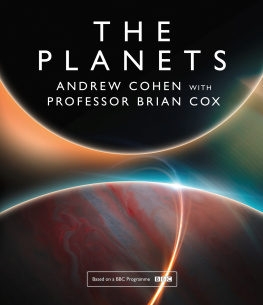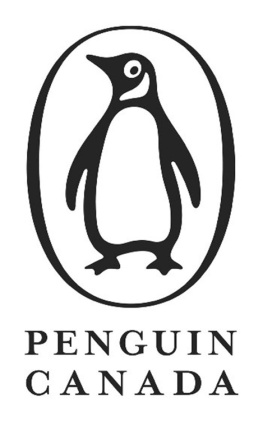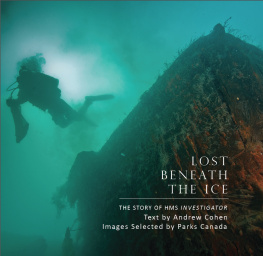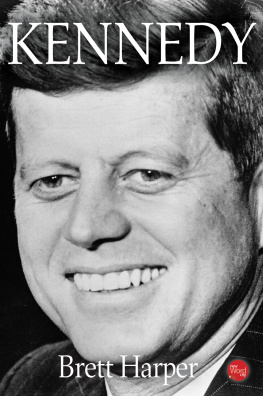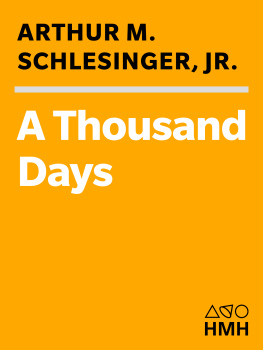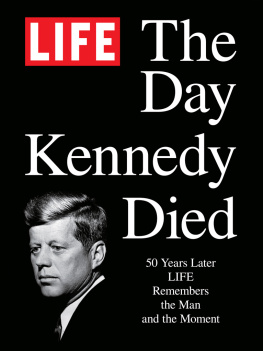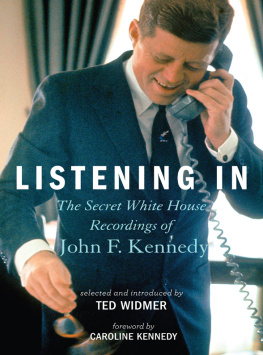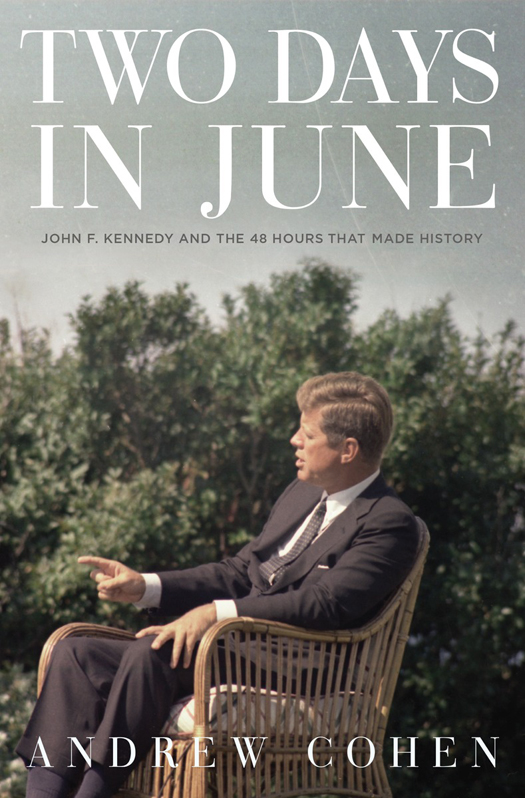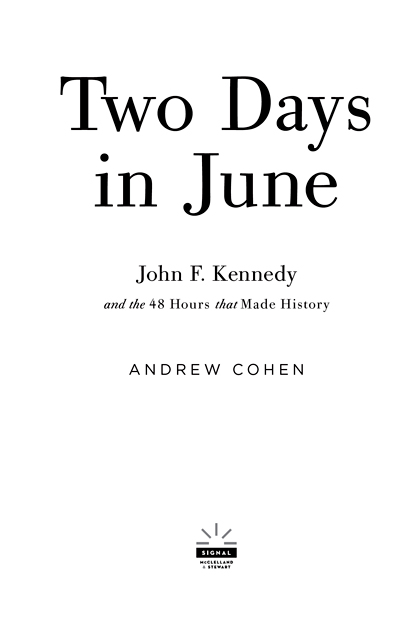ALSO BY ANDREW COHEN
A Deal Undone: The Making and Breaking of the Meech Lake Accord (1990)
Trudeaus Shadow: The Life and Legacy of Pierre Elliott Trudeau (with J.L. Granatstein, 1998)
While Canada Slept:
How We Lost Our Place in the World (2003)
The Unfinished Canadian: The People We Are (2007)
Extraordinary Canadians: Lester B. Pearson (2008)
Lost Beneath the Ice: The Story of HMS Investigator (2013)
Copyright 2014 by Andrew Cohen
All rights reserved. The use of any part of this publication reproduced, transmitted in any form or by any means, electronic, mechanical, photocopying, recording, or otherwise, or stored in a retrieval system, without the prior written consent of the publisher or, in case of photocopying or other reprographic copying, a licence from the Canadian Copyright Licensing Agency is an infringement of the copyright law.
Library and Archives of Canada Cataloguing in Publication data is available upon request
ISBN 978-0-7710-2387-3
eBook ISBN: 978-0-7710-2388-0
Published simultaneously in the United States of America by McClelland & Stewart, a division of Random House of Canada Limited
Library of Congress Control Number: 2014944155
McClelland & Stewart,
a division of Random House of Canada Limited,
a Penguin Random House Company
www.randomhouse.ca
v3.1
In memory of Zachary Goodyear
teacher, housemaster, coach, counselor, and friend
at Choate Rosemary Hall for forty-four years.
He introduced a generation of students to Washington
and explained its mysteries. We are all in his debt.
CONTENTS
But wherever we are, we must all, in our daily lives, live up to the age-old faith that peace and freedom walk together. In too many of our cities today, the peace is not secure because the freedom is incomplete.
JOHN F. KENNEDY
JUNE 10, 1963
We preach freedom around the world, and we mean it, and we cherish our freedom here at home, but are we to say to the world, and much more importantly, to each other that this is the land of the free except for the Negroes ?
JOHN F. KENNEDY
JUNE 11, 1963
ACKNOWLEDGEMENTS
If youre going to write another book on John Fitzgerald Kennedy, a literary critic warned recently, you better have a damn good reason. In writing Two Days in June, I think I have a good reason: to tell the story of a president who pivoted decisively on the two biggest issues of his time. To tell the story over two days, in granular detail, from sources previously unavailable or unexamined. And to observe the president up close hour-by-hour, moment-by-moment as he conducts ordinary business amid extraordinary circumstances.
In a sense, I have been thinking about JFK since I learned of his assassination as a third grader in Aphrodite Christies class at Roslyn School in Montreal. I have looked for him ever since at Choate Rosemary Hall in Connecticut, at McGill and Cambridge Universities, as a reporter with United Press International and the Globe and Mail in Washington, as a columnist, a professor, and an author. I did not know my search would lead to this book and I do not claim to have found him. I can say, though, that the journey has been the joy of a lifetime.
On this journey which has taken me into libraries, museums, private collections, and other places of interest around North America and beyond I have had wise and sure-footed guides at every turn.
They include Tal Nadan, Reference Archivist, and Laura Slezak Karas, Manuscripts Specialist, in the papers of Arthur M. Schlesinger Jr. in the Brooke Russell Astor Reading Room of the New York Public Library; Nelson D. Lankford, biographer of David Bruce, and Frances S. Pollard, Chief Librarian, in the papers of David Bruce at the Virginia Historical Society; Jennifer Toews, Librarian, in the papers of Charles Ritchie at the Thomas Fisher Rare Book Library at the University of Toronto; and Harry Miller, Reference Archivist, and David L. Williams, historian and retired librarian, in the papers of William Attwood at the Wisconsin Historical Society. My thanks to them all.
Cathy Andreen, Director of Media Relations at the University of Alabama in Tuscaloosa, and Laura Drake Davis, Associate Archivist at American University in Washington, D.C., greatly helped in my visits to their fine institutions, which play a leading role in this story.
Dr. Jeffrey S. Underwood kindly showed me around Kennedys Air Force One at Wright-Patterson Air Force Base in Ohio, explaining the context and symbolism of the airplane. Charles and Martha Bartlett, who introduced Jack and Jackie Kennedy, reflected frankly on the couple in their lovely garden in Washington a half century later, as did Ben Bradlee, the former editor of the Washington Post, some years earlier. The late Lansing Lamont, who was our neighbor on North Haven Island, Maine, across the Thoroughfare, discussed Kennedys Washington with a critical eye. He was always kind and gracious. The late Thomas Delworth of Ottawa evoked Saigon in 1963. We talked in the last months of his long, extraordinary life, when he was ill and nearly blind, and I was struck by his elegance and vivid recall. Michael Shenstone, another former Canadian diplomat, shared his good fortune working for Charles Ritchie in Washington.
I owe particular thanks to Lady Antonia Fraser, who welcomed me into her drawing room in London. She retrieved her photo albums, diaries, and news clippings from her visits to the United States in 1961 and 1963, which she said she had not examined in fifty years. Her memories, and her diaries, illuminated what JFK and official Washington was thinking in June of 1963.
Much of Two Days in June comes from hours of raw footage shot for Crisis: Behind a Presidential Commitment, Robert Drews seminal cinma vrit documentary (discussed in the Note on Sources). I thank him for his help. For arranging my visit, finding and screening the film from the Robert Drew Collection at the Academy Film Archive in Hollywood, I am indebted to May Haduong, Public Access Manager; Cassie Blake, Public Access Coordinator; Brian Drischell, Traffic Manager; and Andrew Bradburn, Film Archivist. They were unfailingly generous and professional.
At the Library of Congress, where I spent days reading Katie Louchheims diaries and the papers of the Alsop brothers, the archivists were courteous and helpful. Let me thank as well, the staff of the MacOdrum Library at Carleton University in Ottawa, where I teach; the library generously arranged many books on interlibrary-loan and allowed me to borrow books from its own large collection, seemingly forever.
At the John F. Kennedy Presidential Library, I was assisted by Stephen Plotkin, Reference Archivist, who introduced me to the world of novelist Richard Yates and reliably explained other mysteries. Maryrose Grossman, Audiovisual Archivist, kindly showed me Bernard Lamottes semi-tropical murals which once adorned the walls of the White House Swimming Pool.
Laurie Coulter, my editor, was cheerful, incisive, and clear-eyed. Douglas Pepper, my gentlemanly friend and publisher of Signal Books, as well as Jenny Bradshaw, Elizabeth Kribs, Bhavna Chauhan, and Lucy Coren at Random House, were patient and accommodating under pressure.
More thanks to R.M. Doyon, Ronald I. Cohen, and Paul Torrie. All gave the manuscript a careful and constructive examination, which imposed on their time. From beginning to end, they were curious, generous, and fastidious.


